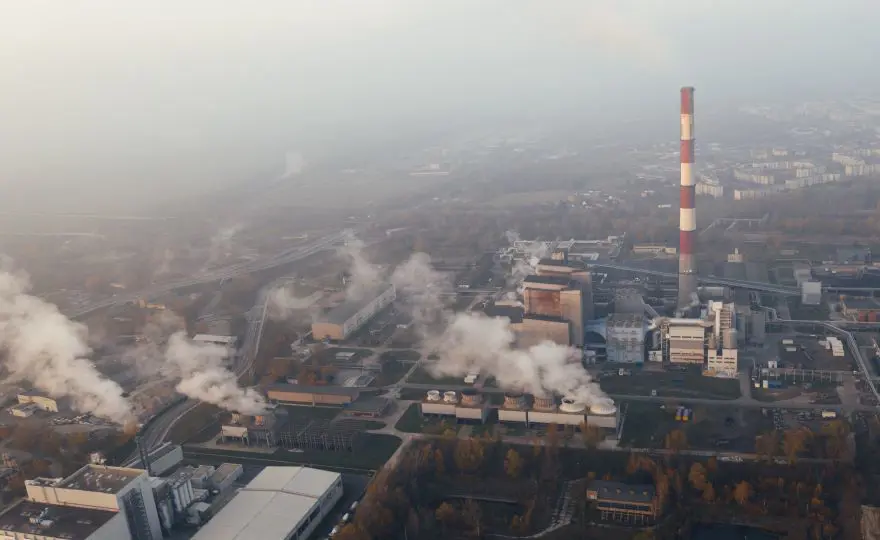ClientEarth Communications
22nd October 2019


Workshop: Is the existing State aid framework in support of a decarbonised Europe? A critical assessment of the EU State aid Guidelines for renewable energy sources.
When: 22 October 2019, 09:00-13:00, Rue de la Science 23, Sun Room, Brussels
Download the slides presented at the workshop
The European Union has made gaining world leadership in deploying renewable energy as one of the core pillars of the Energy Union and one of its key industrial and climate policy missions. The EU's 2020 climate and energy target framework includes an EU-wide target to achieve a 20% share of renewable energy in gross final energy consumption by 2020. The EU's new 2030 climate and energy framework raises ambition to 32% by 2030. This target framework means that the EU has committed to an EU-wide energy transition from fossil fuels to clean energy sources as part of its overall climate and energy policy, and stands to benefit from the growth and prosperity of a thriving clean energy sector. Achieving these goals will require regulatory reform and, where appropriate, State aid in the form of support schemes for renewable energy sources.
In 2014, the European Commission released revised Guidelines on State aid for Environmental Protection and Energy, which clarified its method for assessing the compatibility of support measures for renewable energy sources with the internal market for the period 2014-2020. While the Guidelines enable Member States to use renewable energy support schemes to meet their renewable energy targets, they also introduce substantial restrictions aimed at better integrating renewables into the internal electricity market by making them more responsive to competition and market price signals. While reforms associated with these changes have partially helped to address concerns that poorly designed support for renewables may lead to overcompensation and inefficiently functioning energy markets, they have also been criticised for being overly restrictive, potentially limiting deployment and reducing the involvement of small-scale actors.
In view of the upcoming revision of the State aid Guidelines for the period post 2014-2020, it is important to reflect on whether and how the Guidelines have contributed to, or complicated, EU efforts at decarbonisation. This workshop seeks to help structure this debate.
Based on an analysis by Agora Energiewende and ClientEarth on five topics related to the design of renewable energy support schemes, participants will engage in an interactive dialogue on the appropriateness of the current State aid framework for renewable energy and what could be further improved.
| 09:00 | Arrival and welcome coffee |
| 09:30 | Welcome and introduction to the workshop |
| 09:45 |
Presentation of topics: Andreas Graf, Agora Energiewende, Juliette Delarue, ClientEarth
|
| 11:00 | Coffee break |
| 11:15 |
Moderated discussion among participants Moderator: Matthias Buck, Agora Energiewende |
| 12:45 | Wrap-up and closing workshop |
| 13:00 | End of meeting followed by light lunch |
The project Making State aid work for the decarbonisation of Europe is part of the European Climate Initiative (EUKI) of the German Federal Ministry for the Environment, Nature Conservation and Nuclear Safety (BMU).